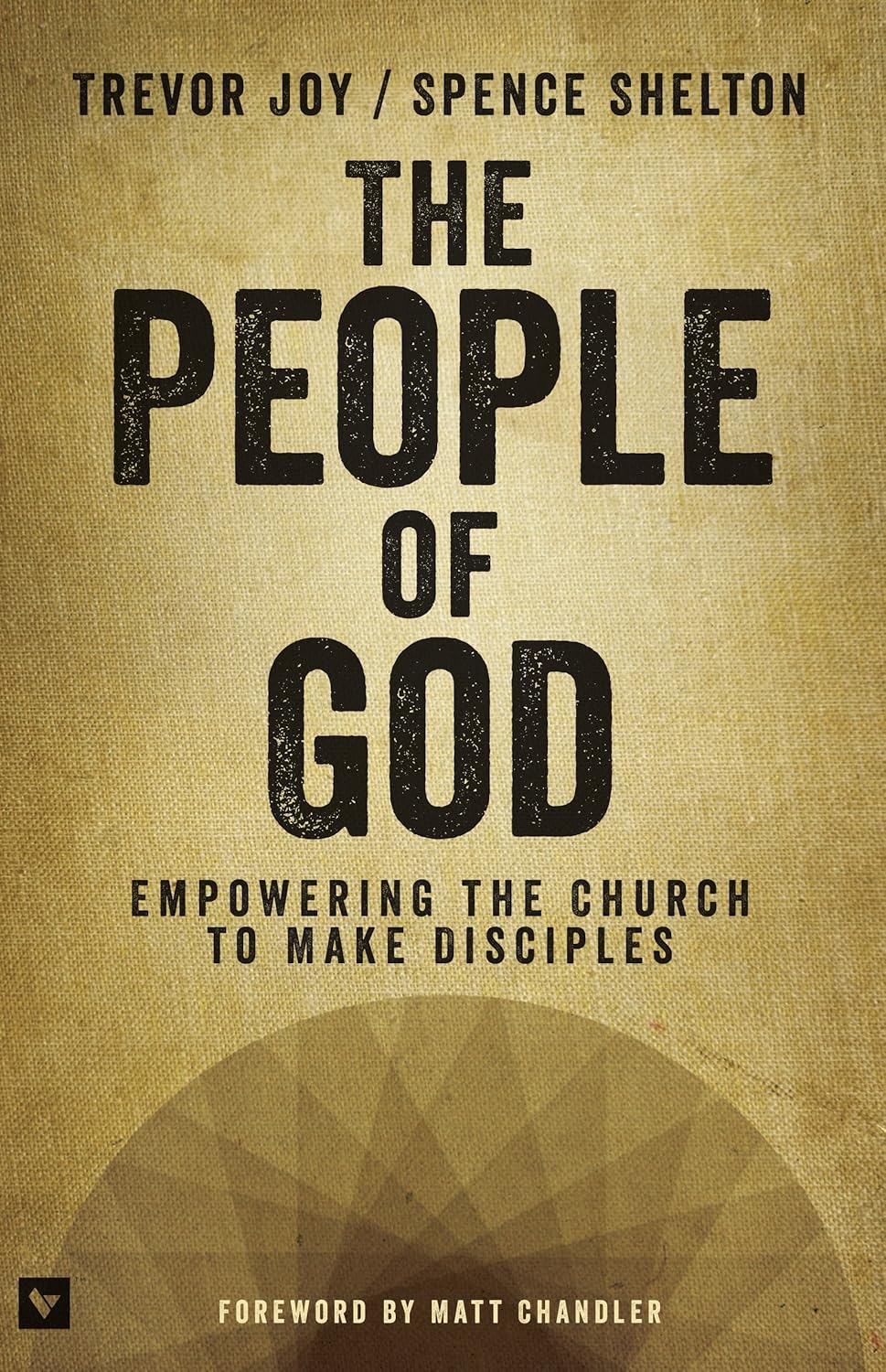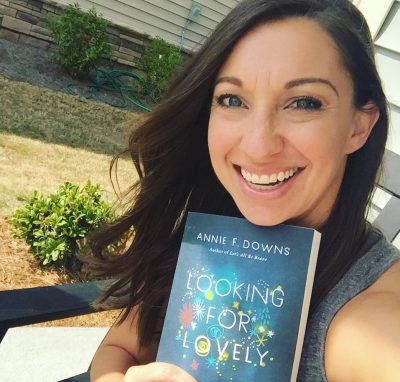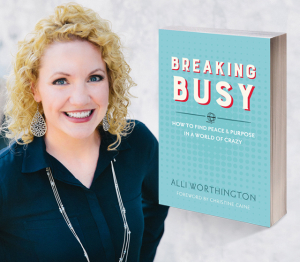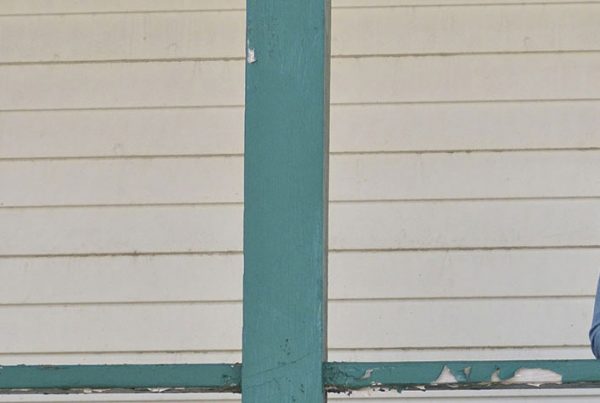Greetings from crazy land!
My family is square in the middle of a cross-country move, and insanity doesn’t even begin to describe the chaos. Tomorrow my son and I will board a plane to North Carolina, and Ike is currently in the car driving the 14 hours from Chicago to Charlotte so he can pick us up at the airport when we land. At this moment, I am sitting on one of the few piece of furniture left in our house, feeling overwhelmed at all there is left to do before we leave, and trying to keep Isaac entertained/safe in the process.
Cross-country moves with a toddler should be outlawed. Never do it. NEVER.
 All of that to say, I am poking my head out from the craziness to share my latest summer book giveaway! This one is a little different than the other books I’ve given away so far, because it is a teaching book. Co-written by Trevor Joy and my long-time friend Spence Shelton, it’s called The People of God and it “lays out the theology and practice of community,” showing why “community is central to the Christian life, and how to practice it in the 21st century church.”
All of that to say, I am poking my head out from the craziness to share my latest summer book giveaway! This one is a little different than the other books I’ve given away so far, because it is a teaching book. Co-written by Trevor Joy and my long-time friend Spence Shelton, it’s called The People of God and it “lays out the theology and practice of community,” showing why “community is central to the Christian life, and how to practice it in the 21st century church.”
Basically, if you care about building intentional Christian community, this book is for you.
I have not read the book yet, but Ike had a chance to sit down with it a few weeks ago and he really liked it. When I asked him what he appreciated about the book, he shared, “I like how they move from theology to practice. It isn’t just about being practical for practical’s sake, but there’s an intentional thought foundation that they ground the practice in. For example, they talk about how our community should reflect the community of the Trinity, and I thought that was really helpful. The application of theology makes it relevant for people doing ministry.”
I asked Spence for an excerpt from the book, and he sent me one on that very topic of Trinitarian community. Here’s what it said:
“The trinity is our model for community. We will never perfectly replicate it because we are both finite and sinful. God knew we would be that way when he created us, yet he created us in his image anyway. In fact, God when looking on man after creation in Genesis 2 describes his existence as incomplete. Stop and soak in this scene. God looks at man and says this will not do, you shouldn’t be alone. This is before sin ever enters the picture! Community was not God’s response to sin, but a building block in the DNA of our creational image. So our imperfection does not stop us from looking to the perfect Godhead to learn who we are and how we are to live because the image of God wasn’t destroyed in the fall, but distorted. If God is the perfect community, then building a community that reflects him is our responsibility to the people he’s placed around us….we are created in the image of the Trinity. This simple idea carries massive implications, only one of which we will explore in depth. This reality separates Christianity from every other religion. We are not merely subjects of God (Islam), we are not trying to attain godhood (Mormonism), and we are not a part of God (eastern mysticism). We are in the likeness of God. We reflect Him.”
I don’t know about you, but Christian community is something I care deeply about. God has used His people to grow me, restore me, and rescue me. But that kind of powerful community does not happen on its own. It has to be fostered, and it has to be intentional. This book is a resource to that end.
If The People of God sounds like a resource you’d love to have, or if you know someone in ministry who would benefit from the message of this book, I invite you to enter the third installment of my summer book giveaway. Simply share a comment about what your church community has meant to you, and I’ll enter your name for a chance to win!
Now, back to packing…prayers welcome!!
Sharon
Sharon








Community means to me imperfect and broken people calling out together to our perfect God. And celebrating His revelations.
I often look at how community creates a fabric in the life of a church. I see how this fabric can be given to a neighbourhood too. The fabric of life is the weaving of us with each others and then the strands of Jesus blood become apparent as the hues of blue and white are coddeled with red. As Jesus breaks the bread and pours the wine so we spill our lives to each other. I in you and you in me! (where have I heard this before?)
This sounds really interesting! Our church community is obviously a huge part of our life with growing up in the church and now working at a church. Without our small group and other Christian friends, life would be really hard and lonely. Sometimes I get in a season where I am lazy about building intentional community with others, but it is definitely something we can’t ingnore and must strive for. I love that example of how the trinity is our model for community! Great point! 😉
At times your church community is more your family than your blood family is especially if you are separated by distance in miles or emotional distance. We still have friends that we met at church when we were children that have seen us at our best and worst. What a blessing it is to laugh, cry, pray and worship with our community.
In the past year I have gotten deeply involved in community at my church. Deep community is something I always craved – I think we all do whether we admit it or not – but I didn’t know how to engage. Now, having experienced a year of deep, messy, life-giving friendship I feel my heart being challenged to help provide space for this for others. But that’s hard to do in a culture that hides deep wounds so well and defaults to surface interactions. Our little church small group committed to each other and stuck it out and God’s work in each of our lives was so evident. But it was hard, and as we prepare for another season we are praying and seeking ways to be better at being broken, vulnerable, respectful, and loving…together.
Church community to me is something that changes over time, but yet always provides what I need. Especially being overseas, you don’t get to “pick” your small groups and Christian community like you do in the States. You have to work with what you have, which is usually a very limited amount of Christians. The people that I call my community here may not naturally be people I would gravitate towards in the States. But it has been extremely satisfying community because it is the true body. The eye and the leg don’t have much in common – yet when they truly work together and overcome differences, the sweetest of communities is produced.